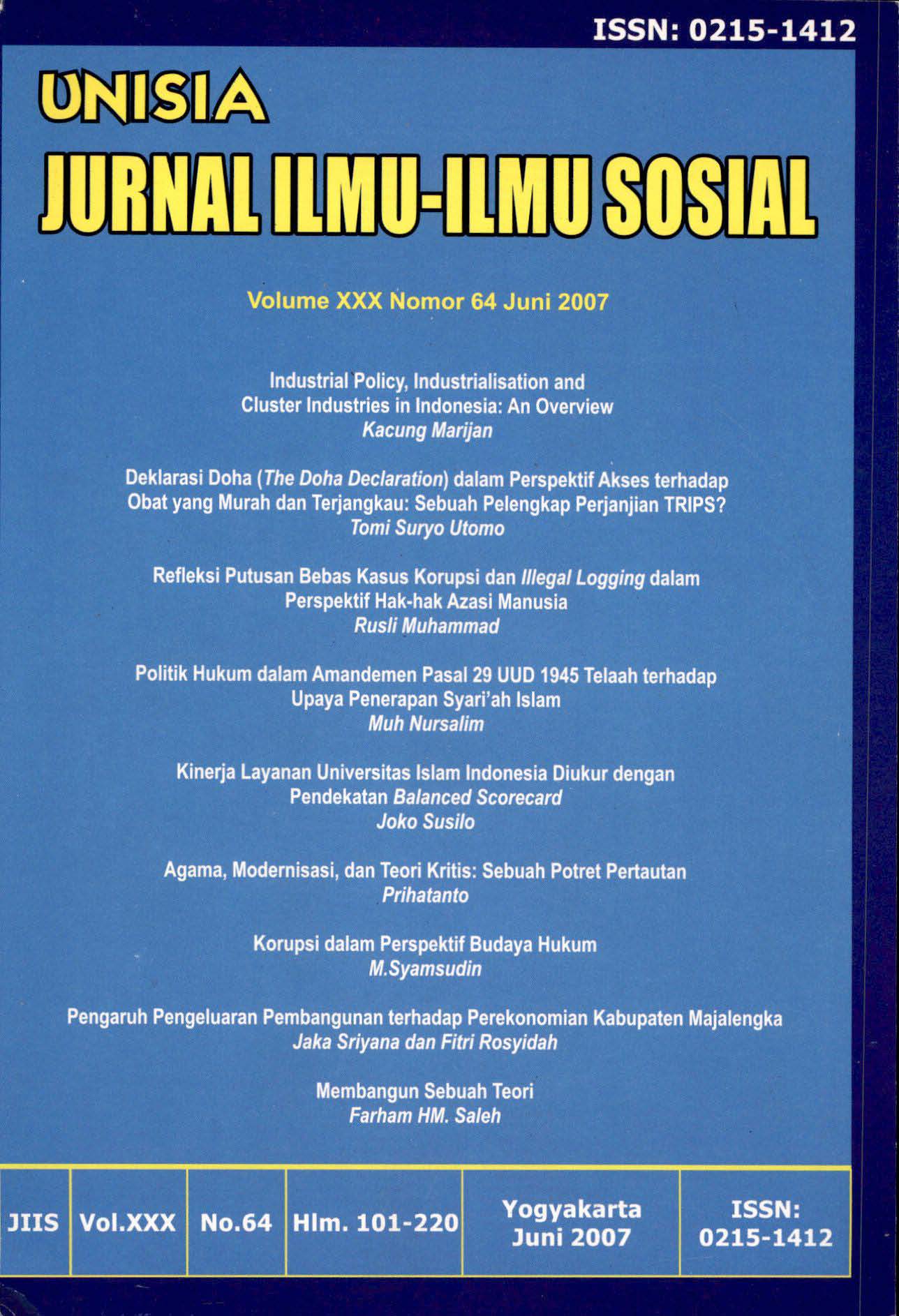Main Article Content
Abstract
The Doha Declaration was developed after protests from developing and least developed countries asserting the TRIPS safeguards were unclear and ambiguous. Developing countries and least developed countries sought an interpretive tool for the TRIPS safeguards which fulfills the requirements of international law, in particular the Vienna Convention on the Law of Treaties and the legislative process of negotiation under the WTO decision making framework. Through the Doha Declaration, developing and least developed countries achieved their goal to clarify the TRIPS safeguards. The different level of economy, technology and interests among the members of the WTO will color the ongoing debate about the benefits of pharmaceutical patent protection under the WTO and effect upon access to essential medicines. The debate will reflect those favoring pro status quo for the TRIPS Agreement and the large number of countries which rely on the existence of the Doha Declaration. The outcome of this battle ends depends upon the willingness to seek the optimal solution for all.
Keywords
Article Details
- Authors retain copyright and grant the journal right of first publication with the work simultaneously licensed under a Creative Commons Attribution License that allows others to share the work with an acknowledgement of the work's authorship and initial publication in this journal.
- Authors are able to enter into separate, additional contractual arrangements for the non-exclusive distribution of the journal's published version of the work (e.g., post it to an institutional repository or publish it in a book), with an acknowledgement of its initial publication in this journal.
- Authors are permitted and encouraged to post their work online (e.g., in institutional repositories or on their website) prior to and during the submission process, as it can lead to productive exchanges, as well as earlier and greater citation of published work.




